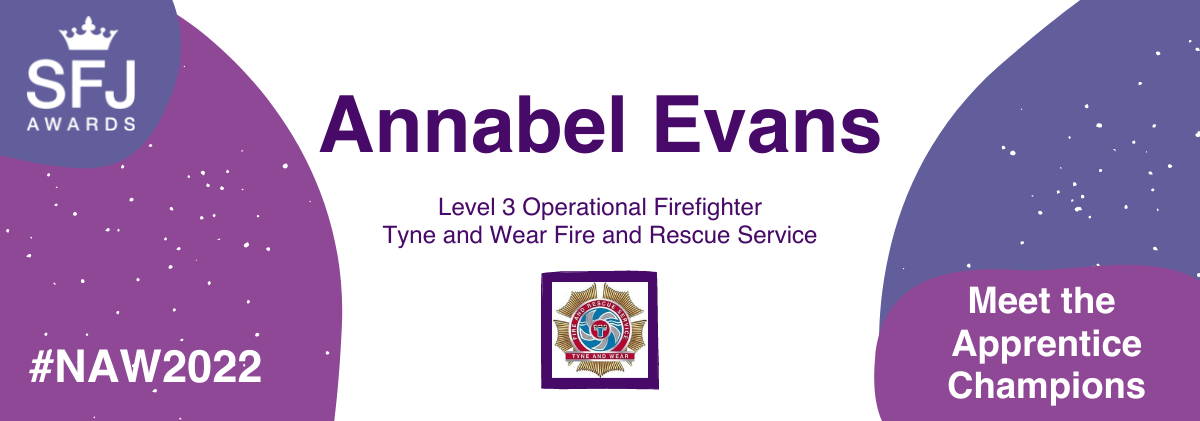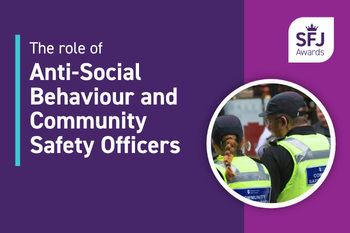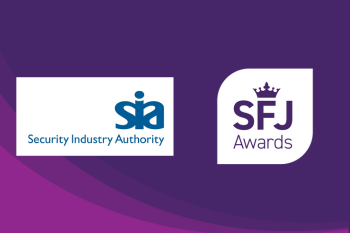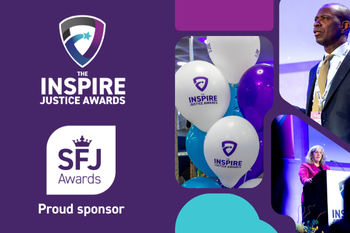For Annabel Evans, “getting help to people at live incidents, especially large fires, is the best part of the apprenticeship”. By undertaking an apprenticeship, Annabel, like many other apprentices across the UK, was able to provide a valuable service to the UK public whilst combining skills training with work-based learning to become a firefighter.
In 2019/20, one in four apprentices, like Annabel, was enrolled on an apprenticeship in Health, Public Services, and Care. Apprenticeships require hard work and commitment. Annabel’s chosen apprenticeship typically takes around 24 to 30 months to complete. As part of her apprenticeship, Annabel says she “enjoyed learning many different things on-the-job, from maintaining the equipment on the truck to training exercises for different jobs firefighters might encounter”. As well as attending incidents, apprenticeship firefighters also get involved in educating the public about fire safety. Annabel says “it was also fantastic to get to do lots of community safety work, which is such an important part of a career with the fire service. Through my apprenticeship, I gained valuable experience in this area too, which will be very helpful to my future career”.
As with any new role, a Firefighter Apprenticeship is not without its challenges but for Annabel one of the key benefits is being able to apply what she learned immediately. She says, “the apprenticeship programme offers so much valuable training but, after all the training, it was great to be able to use the skills that I learned in real-life situations and to be able to help people as part of a team”.
Fire & Rescue Qualifications
We offer a wide range of Fire & Rescue training.
Explore QualificationsVery quickly firefighters learn to respond to high-pressured incidents calmly, sensitively, and professionally, and all of this is best developed through practice and with the support of a friendly team. Annabel added “to get the most out of your apprenticeship you need to put the work in and make sure you get as much experience as possible but if you need help just ask for it – my watch has been really supportive. A good balance of work and study time is also really important.”
Operational Firefighter End-Point Assessment
The end of each apprenticeship in England is marked with an End-Point Assessment, which is a necessary part of gaining the apprenticeship qualification. Here, Annabel has some excellent advice – “be thoroughly prepared for your End-Point Assessment, read through your notes and make sure you know what knowledge, skills, and behaviours you are being marked on”. Fortunately, SFJ Awards who deliver End Point Assessments, are on hand to provide information and guidance to employers so they can best prepare and support their Apprentices in completing this important final stage.
End-Point Assessment FAQs
Learn what to expect from the Operational Firefighter EPA in our Frequently Asked Questions.
Read FAQsAfter completing the apprenticeship, there are many ways for firefighters to continue developing their skills. Annabel hopes to continue building on her apprenticeship success by focusing on her driving skills – “I’ve already completed my HGV course and I am looking forward to taking my Emergency Fire Appliance Driving (EFAD) course next”. This training will prepare Annabel for driving fire engines safely, including during blue light emergency response conditions.
Overall, Annabel highly recommends the apprenticeship pathway to becoming a full-time firefighter – “During my apprenticeship, I have gained lots of great experience and I really enjoy my job. It’s definitely something I would recommend to others!”





